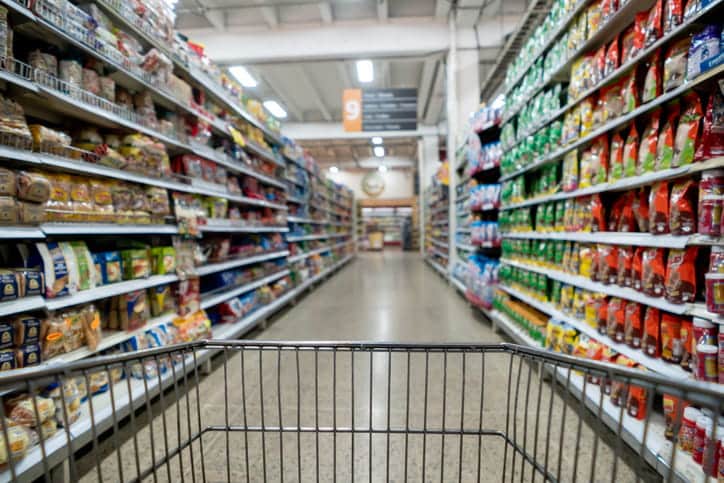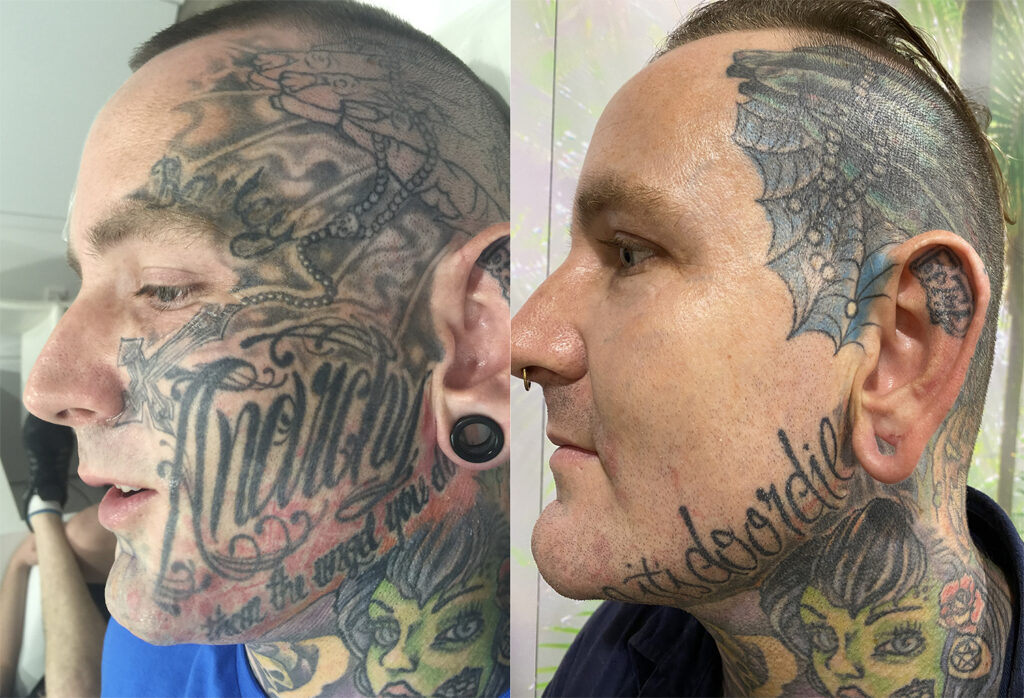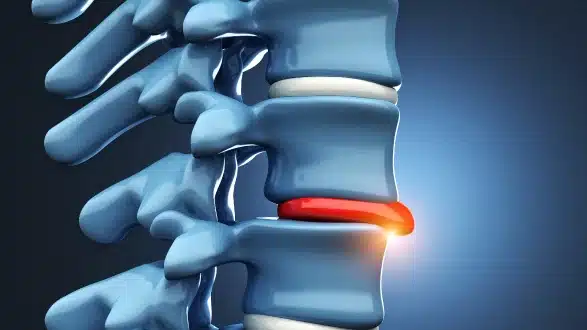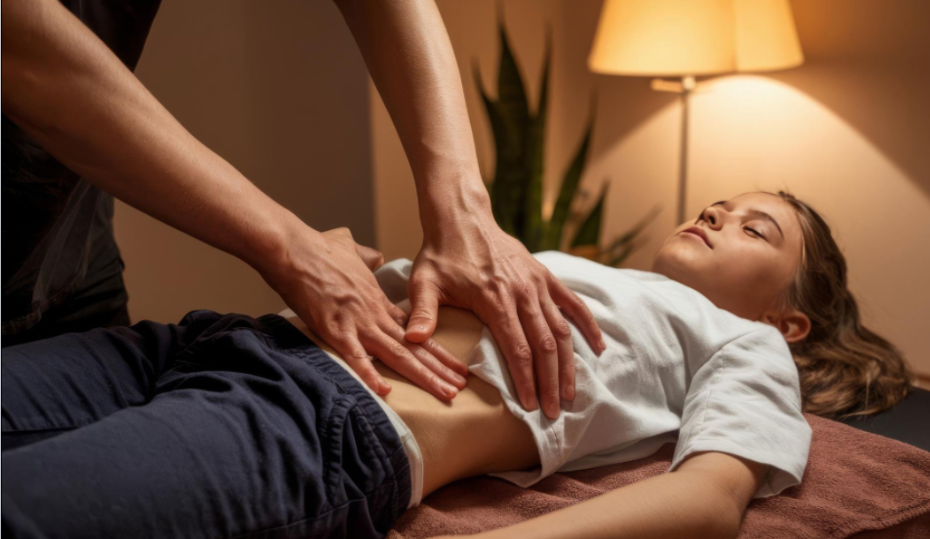Every year, countless individuals suffer injuries from slip and fall accidents in stores, restaurants, and other commercial properties. While these incidents might seem minor at first, they can lead to serious health issues, from fractures and concussions to long-term mobility challenges. If you’ve been hurt in such an accident, you might be wondering whether the business is responsible—and more importantly, whether you can take legal action. A qualified slip and fall lawyer Minneapolis can help you evaluate your case and pursue compensation if negligence was involved.
In this article, we’ll explore when and how a business can be held liable for a slip and fall accident, what evidence is required, and what legal options you have for recovering medical costs and other damages.
Understanding Premises Liability in Minnesota
Premises liability is a legal concept that holds property owners and businesses accountable for injuries that occur due to unsafe or defective conditions on their property. In Minnesota, commercial establishments, such as grocery stores, restaurants, and retail chains, have a duty of care to maintain their premises in a reasonably safe condition for customers. This means they must regularly inspect the property, address any hazards, and provide adequate warnings if a risk cannot be immediately fixed.
If a business fails to meet this duty and a customer is injured as a result, the industry could be held liable. However, the burden of proof lies with the injured party, who must demonstrate that the company knew or should have known about the hazardous condition and failed to take appropriate steps to rectify it.
Common Causes of Slip and Fall Accidents in Businesses
Slip and fall incidents in stores or restaurants often result from common hazards that can and should be addressed through proper maintenance and safety protocols. Some of the most frequently encountered dangers include wet floors, uneven surfaces, poor lighting, loose rugs, and spills left unattended.
In restaurants, greasy floors in the kitchen or dining areas can be especially hazardous. In retail stores, merchandise or boxes left in walkways pose a trip hazard. While accidents can happen anywhere, the key legal question is whether the business took reasonable steps to prevent them.
When Can a Business Be Sued?
To sue a store or restaurant for a slip and fall injury, you must prove that the business was negligent and that this negligence directly caused your injury. This typically involves establishing the following elements:
- The business owed you a duty of care as a customer or visitor.
- The business breached that duty by allowing a hazardous condition to exist.
- The hazardous condition caused your accident and the resulting injuries.
- You suffered actual damages, such as medical expenses, lost income, or pain and suffering.
It is not enough to show that you slipped and fell. You must also prove that the business had prior knowledge of the dangerous condition or that it existed long enough that they should have discovered and corrected it.
Evidence You’ll Need to Build a Strong Case
Substantial evidence is critical in a premises liability claim. Surveillance footage, accident reports, photographs of the hazard, and witness statements can significantly support your case. Documentation of your injuries, medical bills, and a detailed account of the incident will help your slip and fall lawyer Minneapolis build a compelling argument for compensation.
The Role of Comparative Fault
Minnesota follows a modified comparative fault rule. This means that if you are found to be partially at fault for the accident, your compensation can be reduced in proportion to your level of fault. For instance, if you were distracted by your phone and didn’t notice a marked wet floor sign, the court may assign a percentage of blame to you.
However, as long as you are less than 50% at fault, you may still recover damages. A skilled attorney will work to minimize any fault assigned to you and demonstrate the business’s primary responsibility for the hazardous condition.
What Compensation Can You Recover?
Victims of slip and fall accidents can seek compensation for a range of damages. These typically include medical expenses, rehabilitation costs, lost wages, reduced earning capacity, and non-economic damages such as pain and suffering. In severe cases involving long-term disability, future medical costs and loss of quality of life may also be factored into the settlement.
Why Legal Representation Matters
Slip and fall claims against businesses can be complex and challenging. Large retailers and restaurant chains often have legal teams and insurance adjusters working to minimize payouts or deny claims outright. This is where having a knowledgeable slip and fall lawyer Minneapolis can make a crucial difference. An experienced attorney can help gather evidence, navigate legal deadlines, negotiate with insurers, and represent you in court if necessary.
Having legal support can also protect you from tactics that aim to shift blame or pressure you into a low settlement. Falls send millions of people to emergency rooms each year, making them one of the most common causes of injury in public areas. Given the frequency of these incidents, businesses must take responsibility for neglecting to keep their premises safe.
Steps to Take Immediately After a Slip and Fall
If you’re involved in a slip and fall accident at a store or restaurant, taking immediate action is vital. Seek medical attention first, even if injuries appear minor at the time. Report the incident to the manager or supervisor on duty and request a written copy of the accident report.
Document the scene with photographs, especially any hazards like spills or uneven flooring. If there are witnesses, get their contact information. Avoid making statements that could be used against you later, such as admitting fault or downplaying your injury. These initial steps can significantly strengthen your claim if you decide to pursue legal action.
Conclusion
Suffering a slip and fall in a commercial establishment can be both physically and financially distressing. If your injury resulted from the business’s negligence, you may have the right to sue and recover damages. Understanding your legal rights and acting quickly can make all the difference in the outcome of your case. Consulting with a knowledgeable lawyer in Minneapolis ensures that your interests are protected and your case is presented effectively from the start.






